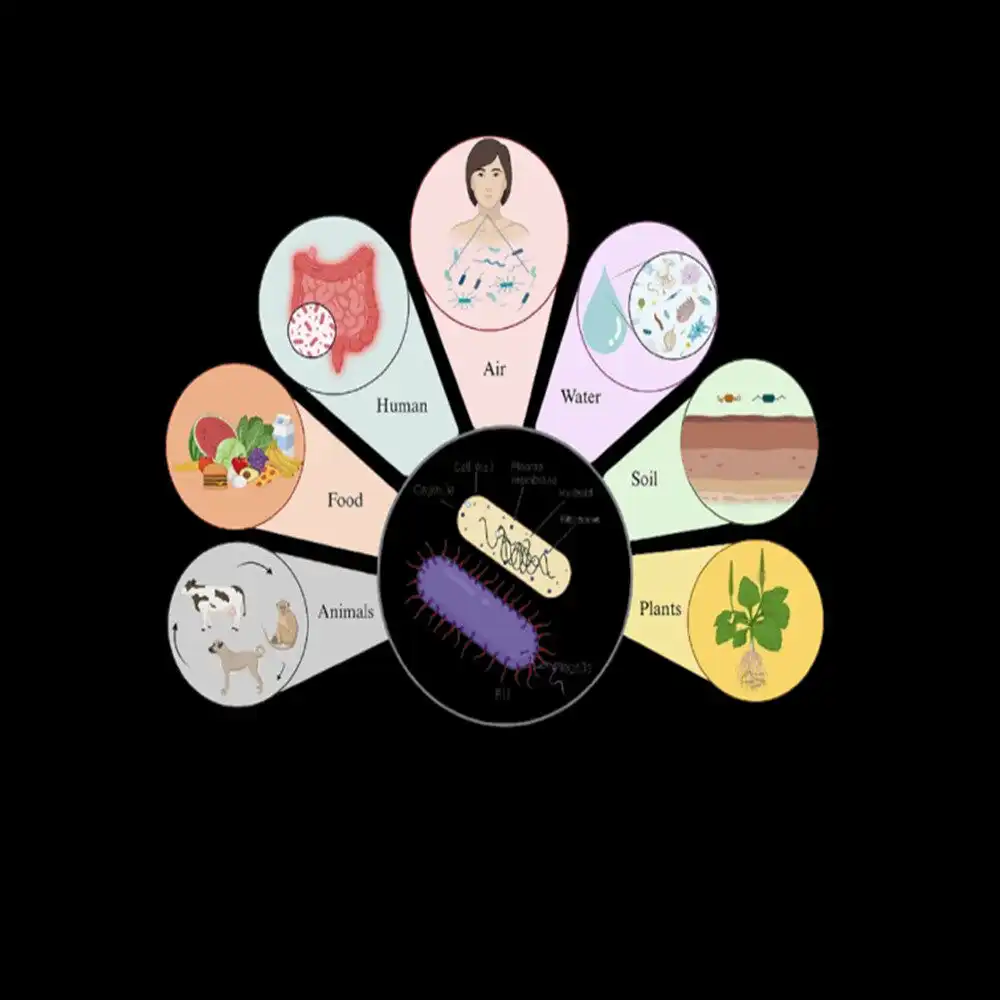Pediatric cardiology is a specialized field of medicine that focuses on diagnosing and treating heart conditions in infants, children, and adolescents. The Pediatric Cardiology course encompasses a wide range of topics, tools, and methodologies tailored for healthcare professionals aiming to excel in this crucial area of pediatric medicine.
- Course Objectives
- The primary objectives of a Pediatric Cardiology course are to:
- Understand Anatomy and Physiology: Develop a thorough understanding of normal heart anatomy and physiology in children, including the differences from adult cardiovascular systems.
- Identify Pediatric Cardiac Conditions: Gain insight into congenital and acquired heart diseases commonly seen in the pediatric population.
- Diagnostic Techniques Proficiency: Master various diagnostic modalities including echocardiography, electrocardiograms (ECGs), stethoscopes and cardiac catheterization.
- Treatment Approaches: Learn about both medical management and surgical interventions for pediatric patients with cardiac conditions.
- Multidisciplinary Collaboration: Appreciate the importance of teamwork in managing pediatric cardiology cases, working closely with pediatricians, surgeons, and other healthcare providers.
- Family Education and Support: Develop skills to communicate effectively with families about diagnosis, treatment options, and long-term care plans for children with heart conditions.
- The primary objectives of a Pediatric Cardiology course are to:
- Key Topics Covered
- Congenital Heart Diseases (CHD)
- One of the primary focuses of pediatric cardiology is congenital heart disease. The course often covers the following:
- Types of CHD: The course provides detailed information on various types of congenital defects, such as ventricular septal defects (VSD), atrial septal defects (ASD), and complex defects like tetralogy of Fallot and transposition of the great arteries.
- Diagnostic Criteria: Understanding how to recognize symptoms, perform thorough physical examinations, and use imaging techniques to diagnose CHD.
- Management Strategies: Discussion on immediate care strategies, surgical interventions, and long-term monitoring for children with CHD.
- One of the primary focuses of pediatric cardiology is congenital heart disease. The course often covers the following:
- Acquired Heart Diseases
- In addition to congenital conditions, pediatric cardiology encompasses acquired heart diseases:
- Conditions such as myocarditis, rheumatic fever, and cardiomyopathy are discussed, focusing on their etiology, symptomatology, and management.
- The impact of lifestyle factors, infections, and genetic predispositions on heart health in children.
- In addition to congenital conditions, pediatric cardiology encompasses acquired heart diseases:
- Pharmacology in Pediatric Cardiology
- Understanding pharmacological management is critical:
- Overview of medications commonly used to treat cardiac conditions in children, including diuretics, ACE inhibitors, and antiarrhythmic drugs.
- Discussion on dosing adjustments and potential side effects specific to the pediatric population.
- Understanding pharmacological management is critical:
- Electrophysiology and EKG
- Arrhythmias are a vital aspect of pediatric cardiology:
- The course covers the pathophysiology, diagnosis, and management of pediatric arrhythmias.
- Training in the use of electrophysiological studies to evaluate rhythm disorders in children.
- Arrhythmias are a vital aspect of pediatric cardiology:
- Surgical Interventions
- Pediatric cardiac surgery can often be life-saving:
- Coverage of various surgical procedures such as palliation, reconstruction, and transplantation.
- The importance of pre-operative and post-operative care, monitoring, and long-term follow-up.
- Pediatric cardiac surgery can often be life-saving:
- Congenital Heart Diseases (CHD)
- Course Format
- Pediatric Cardiology course include different lessons and topics , questions especially MCQs , clinical case studies, PowerPoint presentations linked to SlideShare and videos linked to YouTube

Login
Accessing this course requires a login. Please enter your credentials below!








